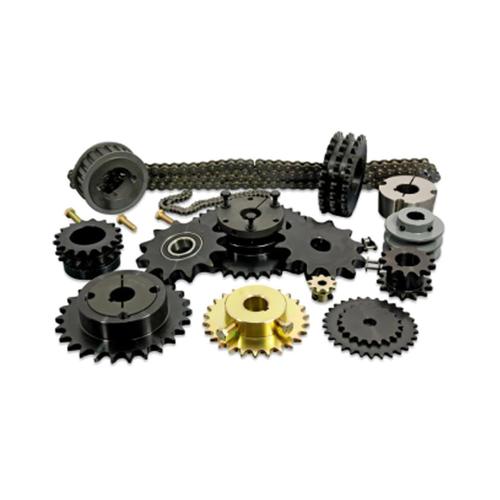Top 5 Benefits and Maintenance Tips for Stainless Steel Industrial Bearings
Stainless steel industrial bearings are critical components in machinery requiring corrosion resistance, high load capacity, and durability. Ideal for harsh environments like food processing, marine, or chemical industries, these bearings minimize downtime and ensure long-term performance. Their non-magnetic properties and ability to withstand extreme temperatures make them indispensable in specialized applications.
1. Types of stainless steel bearings2. Corrosion-resistant industrial bearings
3. Stainless steel bearings maintenance
4. Benefits of stainless steel bearings
5. How to choose stainless steel bearings
1. Types of stainless steel bearings

Stainless steel bearings come in various designs, including deep groove ball bearings, angular contact bearings, and thrust bearings. Deep groove ball bearings handle radial and axial loads, making them versatile for motors and pumps. Angular contact bearings are ideal for applications requiring high-speed precision, such as robotics. Thrust bearings manage axial loads in gearboxes and compressors. Each type uses AISI 440C or 316 stainless steel for optimal strength. Specialty coatings like PTFE can enhance performance in extreme temperatures. Understanding the right type ensures efficiency and reduces wear.
2. Corrosion-resistant industrial bearings
Corrosion resistance is a hallmark of stainless steel bearings, crucial for industries exposed to moisture, chemicals, or saline environments. AISI 316 stainless steel offers superior resistance to chlorides, making it ideal for marine applications. Passivation treatments further enhance oxide layers, preventing rust. Regular cleaning with pH-neutral solutions prolongs lifespan. Unlike carbon steel bearings, stainless steel variants avoid galvanic corrosion, ensuring reliability in food processing or pharmaceutical machinery. Proper sealing with rubber or thermoplastic shields adds extra protection against contaminants.
3. Stainless steel bearings maintenance
Maintaining stainless steel bearings involves lubrication, inspection, and contamination control. Use high-temperature greases like lithium-based or synthetic oils for smooth operation. Regularly check for pitting, discoloration, or noise, which signal wear. Clean bearings with solvents to remove debris, avoiding abrasive tools. Relubrication intervals depend on operational speed and load—consult manufacturer guidelines. Storage in dry, low-humidity environments prevents pre-installation corrosion. Proper maintenance can extend service life by up to 30%, reducing replacement costs.
4. Benefits of stainless steel bearings
Stainless steel bearings offer unmatched durability, corrosion resistance, and hygiene. They withstand temperatures up to 300°C, ideal for ovens or automotive systems. Their non-porous surface meets FDA standards for food safety. Magnetic-free properties prevent interference in medical imaging devices. High hardness (HRC 58-62) ensures minimal deformation under heavy loads. These bearings also reduce friction by 15% compared to standard steel, enhancing energy efficiency. Industries benefit from lower maintenance costs and compliance with strict regulatory requirements.
5. How to choose stainless steel bearings
Selecting the right bearing involves assessing load capacity, speed, and environmental factors. Radial loads require deep groove designs, while axial loads need thrust bearings. Verify the steel grade—AISI 304 for general use, 316 for corrosive environments. Check seals: rubber for dust protection, stainless steel shields for high-speed applications. Lubrication type should match operating temperatures. Consult load ratings (dynamic and static) to avoid overloading. Partner with ISO-certified suppliers to ensure quality and traceability.
From understanding different bearing types to mastering maintenance routines, stainless steel industrial bearings are vital for robust machinery. Whether you’re battling corrosion in marine settings or prioritizing hygiene in food production, these bearings deliver unmatched performance. Dive deeper into each section to optimize your selection process, enhance durability, and slash operational costs. Ready to elevate your industrial efficiency? Explore our guidelines now.
Stainless steel industrial bearings are essential for industries demanding reliability and longevity. This guide covered types, maintenance, benefits, and selection criteria to help you make informed decisions. By prioritizing quality and proper care, these bearings can significantly boost your machinery’s performance and lifespan.




 13869596835
13869596835